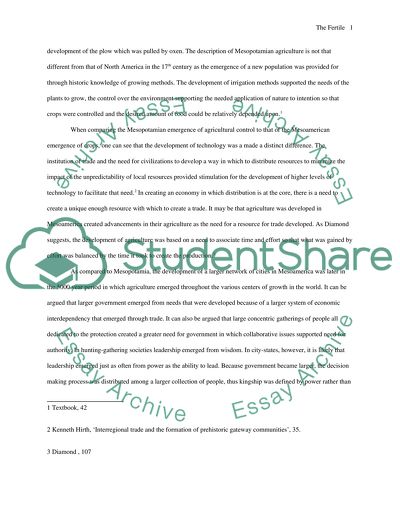Cite this document
(“Diamond's Argument that Agriculture Is Connected to Government Essay”, n.d.)
Diamond's Argument that Agriculture Is Connected to Government Essay. Retrieved from https://studentshare.org/history/1443520-world-hist-argumentative-essay-on-diamond-s
Diamond's Argument that Agriculture Is Connected to Government Essay. Retrieved from https://studentshare.org/history/1443520-world-hist-argumentative-essay-on-diamond-s
(Diamond'S Argument That Agriculture Is Connected to Government Essay)
Diamond'S Argument That Agriculture Is Connected to Government Essay. https://studentshare.org/history/1443520-world-hist-argumentative-essay-on-diamond-s.
Diamond'S Argument That Agriculture Is Connected to Government Essay. https://studentshare.org/history/1443520-world-hist-argumentative-essay-on-diamond-s.
“Diamond'S Argument That Agriculture Is Connected to Government Essay”, n.d. https://studentshare.org/history/1443520-world-hist-argumentative-essay-on-diamond-s.


